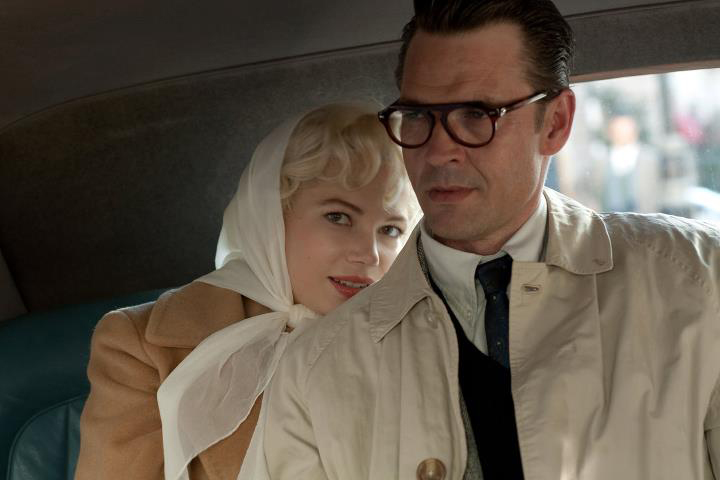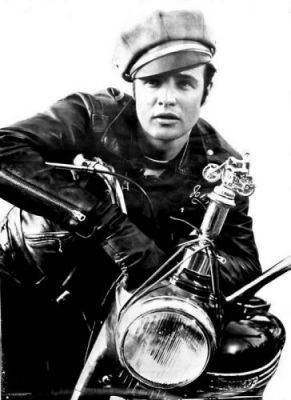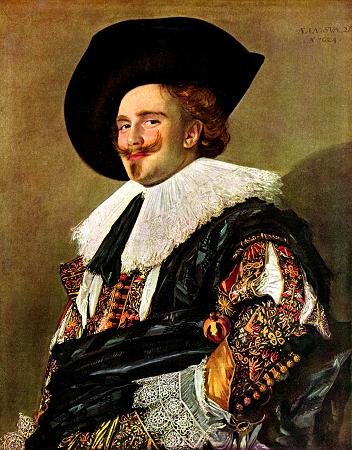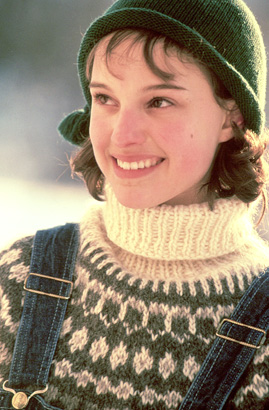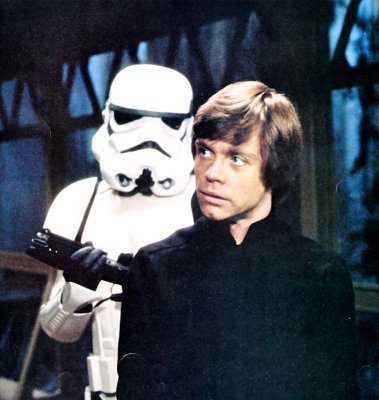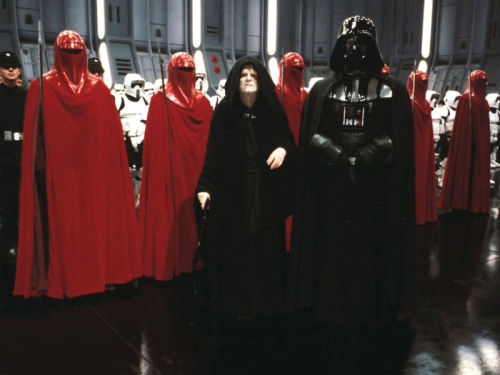 "You are a great movie star who wants to be a great actor while he is a great actor who wants to be a great movie star"
"You are a great movie star who wants to be a great actor while he is a great actor who wants to be a great movie star"
Introduction
I have seen Some Like It Hot and Gentlemen Prefer Blondes. I know the shot from The Seven Year Itch and have seen the Andy Warhol iconic image of Marilyn Monroe throughout my life. Marilyn Monroe is a woman who oozes sexuality and femininity. Christina Hendricks 'Joanie' in Mad Men has recently become the latest incarnation of Marilyn whilst Madonna pushed Monroe further to the obscene and controversial side of the spectrum in the eighties. My Week with Marilyn portrays one specific moment in Monroe's life whereby she is filming opposite Lawrence Olivier in The Prince and The Showgirl. The story is told from the perspective of Colin Clark, son of famed Art Historian Kenneth Clarke/ Colin is a 24-year old who becomes Monroe's confidant and friend when her husband, Arther Miller, leaves for a week.
The opening act of this film fully immersed me into the world of British cinema in the fifities. Like Colin (Eddie Redmayne), I looked in awe at Marilyn as she walked off the plan in England. Like Colin, I was excited and keen to see what was going on behind the closed doors and sets at Pinewood Studios. I could relate to young Colin and I fell for Marilyn Monroe as soon as she appeared on screen, incredibly played by Michelle Williams. A far cry from 'Jen' off Dawson's Creek. The thought crossed my mind that this could be one of my favourite films of the year. Even the supporting role of Dame Sybil Thorndike (Judi Dench) thoroughly engaged me - I wanted Sybil to look after young Colin as he got further involved in the industry whilst Emma Watson's costume-hand was equally playful and flirtatious, taking me back to the games I played when I was a teenager. The clear separation between the production and the 'stars', the drama and conflict between Olivier and Monroe and the play for power in Paula's direction against Olviers own direction of the film. Everything seemed to be in place and, right up until Colin walks in on Monroe stepping out of a shower, everything seemed to be a clear recollection of an exciting time of a passionate filmmakers life.
As the film progressed into the second act, it attempted to establish a relationship between Colin and Monroe. The brilliant supporting cast established in the first act, are now ignored: Judi Dench never seen until a small moment in the closing act; Emma Watson walking across the set throwing dagger-eyes at Colin as he becomes more besotted with Marilyn. The progression of the story, ultimately doesn't ring true. The whole idea of Marilyn Monroe confiding in a fan, six-years younger, with no clout - nothing akin to the power and success Arthur Miller, Joe DiMaggio, John F. Kennedy and Marlon Brando had - borders on complete fantasy.
Though not as volumptuous as Monroe, Michelle Williams captures the beauty, vulnerability and savvy attitude to the media that Monroe had. Toby Stephens - another brilliant actor wholly underused - in one press-interview, throws in a question about what she wears in bed. The crowd goes wild, the male journalists hanging on her every word, despite the fact that Stephens is placed there as part of Monroe's staff. It is he who handles her publicity. My huge love for the film changed dramatically in this second act and I am still at pains to work out why. So, the supporting-cast suddenly disappeared - the entire story becomes a three-way tryst between Olivier, Monroe and Clark. The context of the story crossed from nostalgic-memories of British film-productions to complete young-mans-fantasy. I think that I felt the performance of Marilyn changed early in the film as [ridiculously] Colin manages to witness Marilyn breakdown after an argument with Arthuer Miller about his writing. Colin -and teh audience - see Marilyn, crumpled on the floor, in tears, as Miller coaxes her back into the bedroom. We realise how vulnerable she is - and maybe I was so lost in her beauty and iconic status, I simply didn't want to see this side of her so early on in the film.
I throughly enjoyed the film, despite my concerns regarding its authenticity. Taken as a glimpse into a world I have never known, I enjoyed the journey and I would happily revisit it in future. Williams does deserve the inevitable recognition for her portrayal of Marilyn, but I doubt the film will become anything more than a brief, fleeting week capturing a moment all men desperately want to experience. The most iconic woman in the world falling for the most unimportant, wet and awkward man on set. Unlikely, but fun. I only hope that a film about Marilyn Monroe is made with more truth and realism in it - rather than My Week with Marilyn which is a fantasy of a rich-boy who desperately craves something he ultimately can't have.


